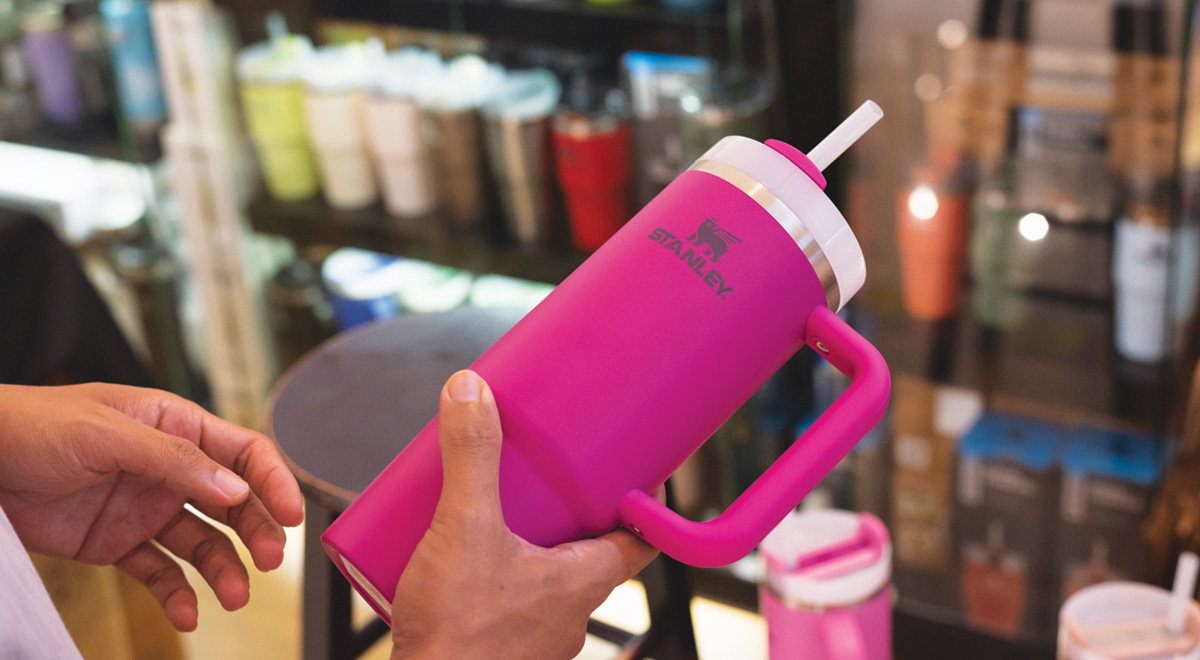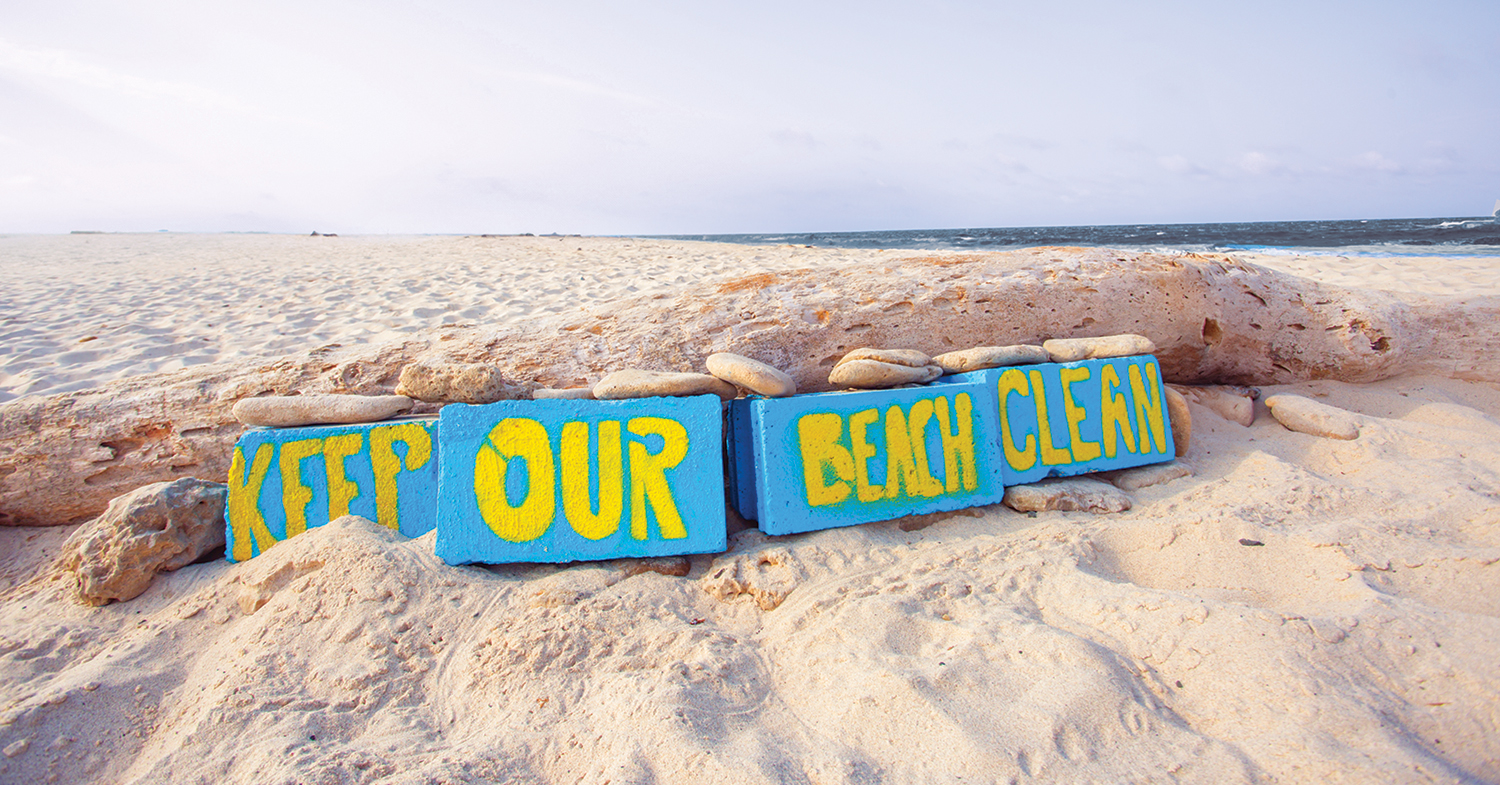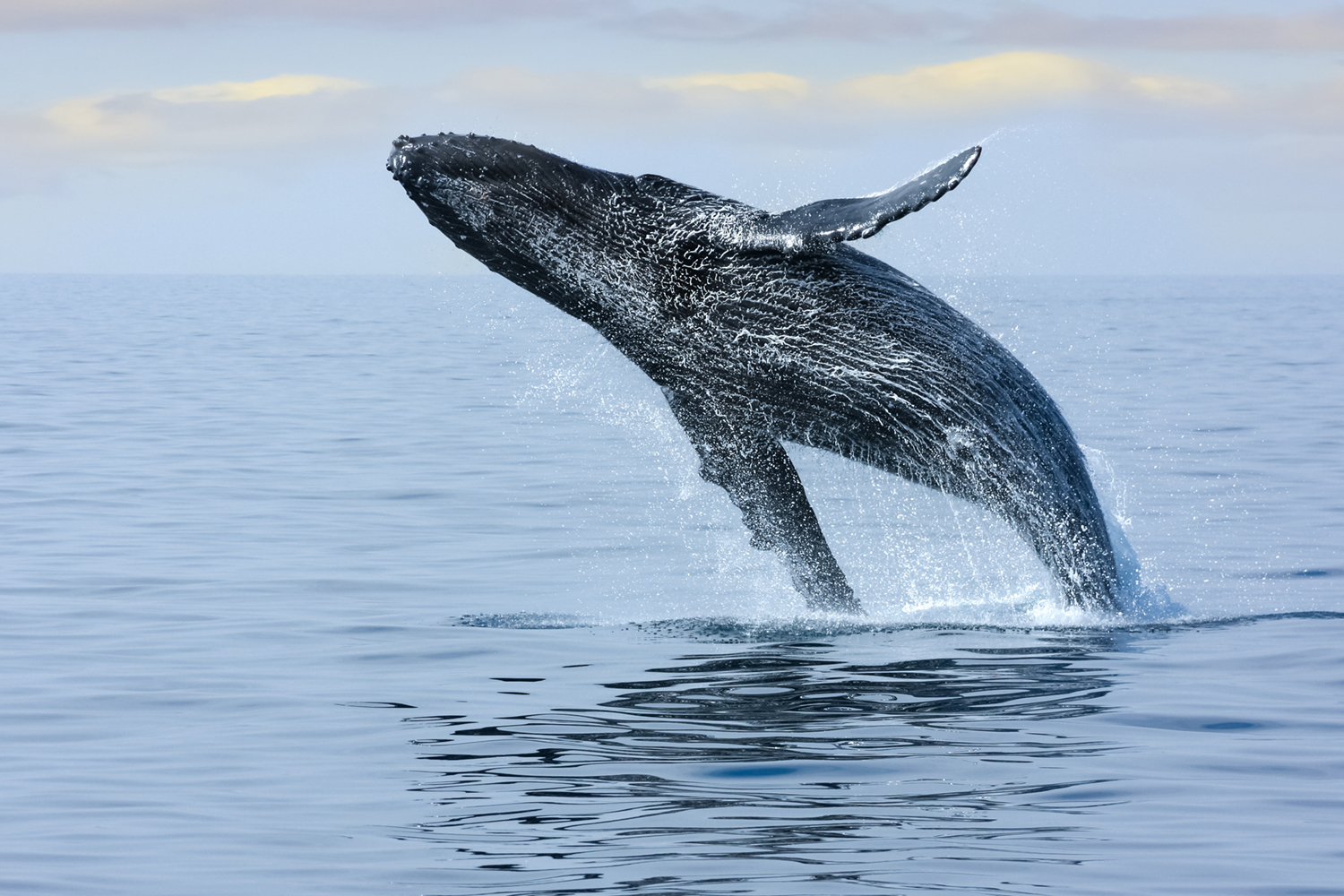Stanley Cups. Nalgene. S’well. HydroFlask. Some of us swear allegiance to particular brands of reusable water bottles. While some bottles are desired for their design, insulation, or spouts, it’s clear that the water bottle industry is filled to the brim with options suitable for a variety of purposes and preferences. In fact, it’s estimated that about 53% of Americans own a reusable, BPA-free water bottle.
However, despite the growth of the reusable water bottle market, Americans still purchase about 50 billion single-use water bottles each year (about 13 bottles a month for every person in the U.S.). As Sunday, June 16, marks “World Refill Day,” let’s review some statistics from “Project Clean Water,” as well as some of the rippling benefits of reusable water bottles.
Plastic bottles are one of the top littered items in our oceans and waterways. Even landfill liners can leak harmful pollutants into the watershed.
About 80% of plastic water bottles end up in landfills
Of the plastic water bottles purchased in the U.S., only 23% are recycled. The rest end up in landfills or as pollution.
It’s expected that by 2050 there will be more plastic than fish in the world’s oceans.
If you regularly use a reusable water bottle, in five years you could save about $6,180.
The average American owns 7.24 reusable water bottles.
The recommended daily intake is eight 8-ounce glasses of water, which a reusable water bottle can provide easily.
Drinking tap water instead of bottled water can save $1,460 per year for a person who drinks an average of 167 water bottles annually.
The US throws away 38 billion water bottles each year, the equivalent to $1 billion worth of plastic.
Drinking 8 glasses of water a day with a reusable bottle can reduce plastic waste by 8 ounces, resulting in almost 200 pounds per year.
As we mark World Refill Day, it’s important to reflect on the relationship between single-use plastics and their devastating environmental impact, particularly on our oceans.
The Plight of Our Oceans
Plastics for single-serve bottles, bags, and straws break down into smaller pieces known as “microplastics,” which can be ingested by marine animals. This has broad ecological consequences and can affect entire ecosystems.
The Impact on Marine Life
Have you ever seen a plastic bag floating in the water? To a sea turtle, it’s indistinguishable from a jellyfish, a staple in its diet. Whales and dolphins can ingest or become entangled in plastic debris, leading to injuries or suffocation. Even the smallest marine creatures (plankton) can ingest microplastics, which then move up the food chain.
The Human Connection
The health of our oceans is intricately linked to our own. Seafood tainted with plastic particles poses a risk to human health, and the economic impacts of plastic pollution on industries such as tourism and fisheries can be devastating.
A Path Towards Change
The good news is that we can all be part of the solution. Reducing reliance on single-use plastics and seeking sustainable alternatives can help protect our oceans and the life within them. Here are some simple steps to take:
Refuse Single-Use Plastics: Just say “no” to plastic straws, bags, and cutlery. Opt for reusable alternatives instead.
Support Refill and Reuse: Use durable, reusable water bottles and coffee containers. Many communities have refill stations for household products, reducing the need for single-use items.
Educate and Advocate: Spread awareness about the impact of single-use plastics, and advocate for sustainable policies.
Participate in Clean-Up Efforts: If you spot discarded water bottles (or any trash) on our beaches, make a habit of picking them up and properly disposing them.
If just one person reading this article switched to a reusable water bottle, it could save an average of 156 plastic bottles a year.
To celebrate World Refill Day, break free from the plastic pandemic. Make conscious choices and advocate for change to protect our ocean, assist marine life, and safeguard our planet for future generations.

If you encounter a stranded marine mammal or sea turtle, contact MERR Institute at (302) 864.0304 or email merrinstitute@gmail.com. MERR is a 501(c)(3) organization dedicated to the conservation of marine mammals and sea turtles and their habitat. MERR provides rescue and response for stranded marine animals that occur throughout the State of Delaware.
Rob Rector has served as naturalist and board member for 20 years, is a certified Protected Species Observer, and leads weekly dolphin observation tours that use citizen science to gather information on our local Bottlenose Dolphin populations.















